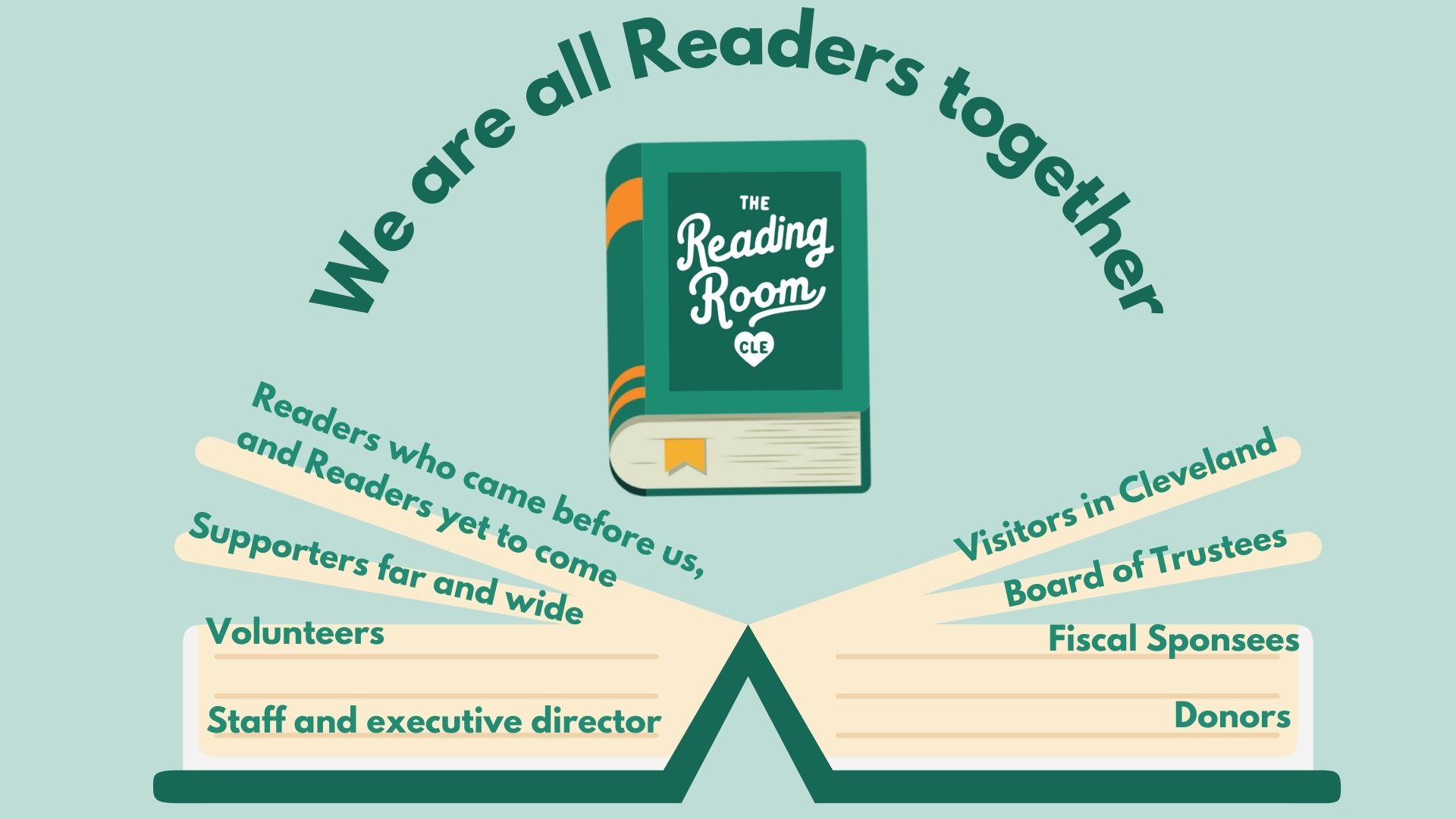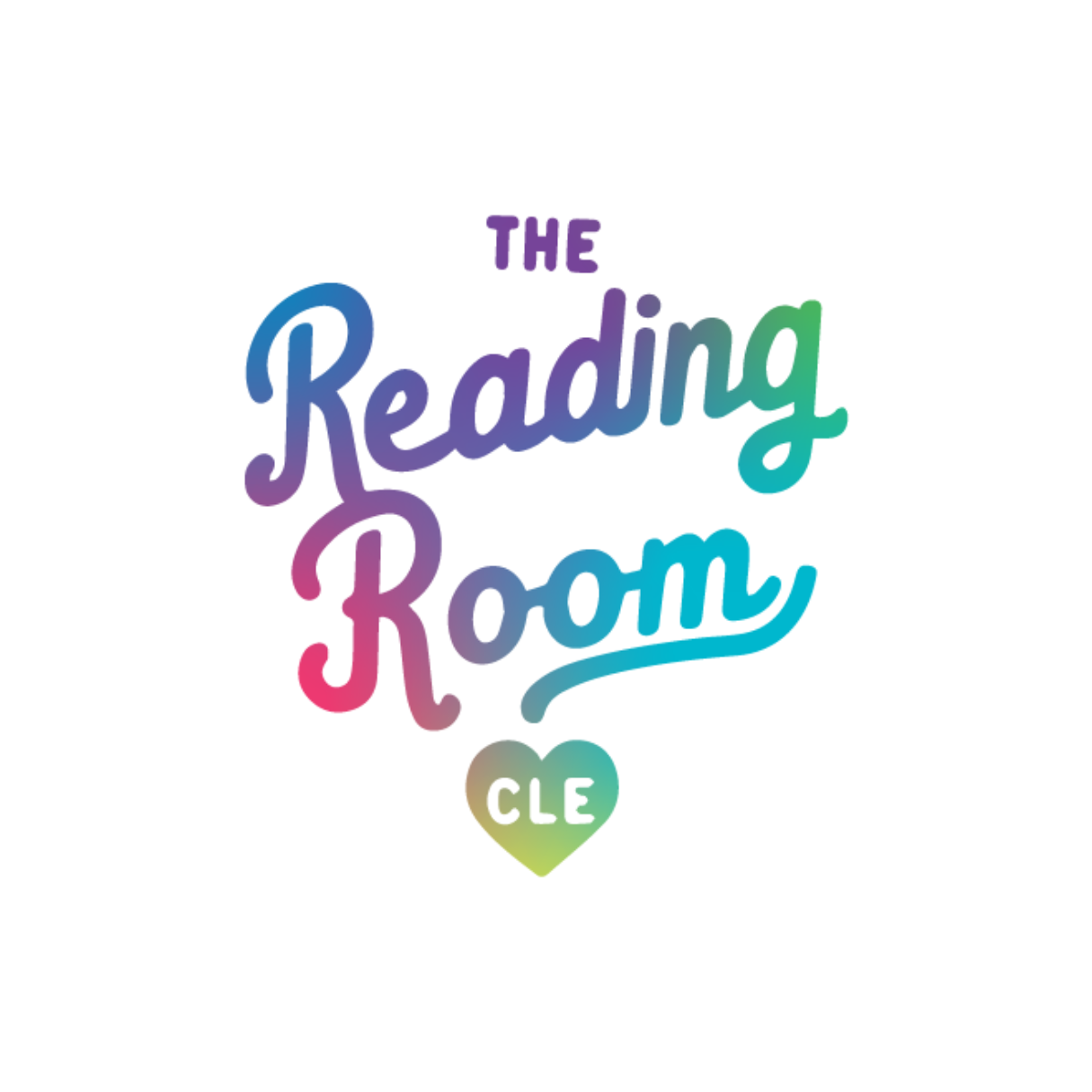
We’re a bookstore. We sell donated used and new books. We host meetups and live literary productions. You can bring your laptop or your knitting here, sit for a while, and make something. We are home to a community of Readers who are friendly, welcoming, and nonjudgmental.
A bookstore is not just a place where books get sold.
To us, our bookstore is a place of respite. A place to read a book, take a break, make a friend.
We are a flock of odd birds: whether you’re a long-legged heron or a chubby waddling penguin or a peacock whose tail is always in the way, you are welcome here, feathers and all. Please attempt to keep your beak and talons to yourself.
We’re a nonprofit, operated by our mostly-volunteer staff and crew, with oversight from the Board of Directors.
Sounds political.
It does! Most aspects of our lives are political these days. But segregation affects every person in every party. It doesn’t matter how you vote and it also doesn’t matter what race you are: segregation makes every part of our lives harder, more expensive and more dangerous than they need to be.
Our medical system is expensive, ineffective, and too small for the burdens it carries. Our food system is inhumane, unsafe, and unclean. Our schools are underfunded, underresourced, and underappreciated. Our police and penal systems are more violent, more repressive, and more deadly than they need to be. Our access to reproductive healthcare is tenuous, substandard and scarce and childbirth, not to mention childrearing, is dangerous and expensive. Our industrial pollution is being poured into communities of color rather than being stopped.
Our main focus as a bookstore is on literacy, which is a natural fit for us, and on the ways we can undo the effects of inequality in schools. But we also want our Readers to be aware of all the policies that are making life harder, more expensive and more dangerous than it needs to be, and support better ideas that help everyone. If you are working on a project that builds equity for everyone, we’d love to help.
FAQ
1. It’s the 21st century. Segregation isn’t real.
Look to your left; look to your right. Are all three of these people from the same race? Do you have close lifelong friends from other races? Do your children go to school with kids from all communities? How many of your neighbors are significantly richer or poorer than you? Do you feel like you’re middle class?
Modern America is extremely divided by race and class. Cleveland’s divisions are obvious because we have a river burning through the middle of our city. But this is pervasive and affects everyone.
2. But race itself isn’t real!
Race is not a biological reality; it is a social construct. The same could be said of marriage, money, or the Girl Scouts. Race and structural racism affect our lives every day.
3. But race itself isn’t real!
We know.
Most people aren’t hateful, and people who are need to do some work on themselves. While everyone is on a journey of personal development, we’re focusing on the systems that make life more difficult for all of us.
Having money or an education or good health or the ability to blend in makes some parts of some people’s lives easier, but as a whole, we’re all having a worse experience than we need to.
4. It sounds like you hate rich people.
We do not hate rich people.
We do not believe in a wealth ceiling; we would like a poverty floor.
There are a small number of really wealthy people who are using their wealth to manipulate our democracy and we’d like that to stop. We might occasionally find frustration or humor in the ridiculous excesses of conspicuous consumption. But by and large, we believe there is enough material abundance on this planet for every person to have everything they need and most things they want, without destroying the planet to get it. We also believe most people, of every socioeconomic status, would prefer not to live in a dystopia.
5. This is some white people nonsense.
Yeah, probably.
Everyone is invited to our meetups and events. We have good people, good food and good art. We’re a convivial group meeting in a comfortable, inviting space and everyone likes that.
But when it comes to our antisegregation work: there are already a lot of places where communities of color get together to work for better outcomes.
Sometimes white people are invited; we try to accept that invitation every time. We follow BIPOC leadership on these issues. We’re also grateful for opportunities to celebrate BIPOC excellence in the arts, literature and nightlife, which allow us an entry point to practice desegregation in our daily lives.
There are not a lot of places where white folks get to actually look at the ways this problem is ruining our own lives and the ways we would benefit from fixing it.
We’re not trying to build a community of altruistic, self-sacrificing saints. We want investment from everyday selfish people who want better lives for themselves, their children, and their families, and understand that desegregation is the way to do it.
